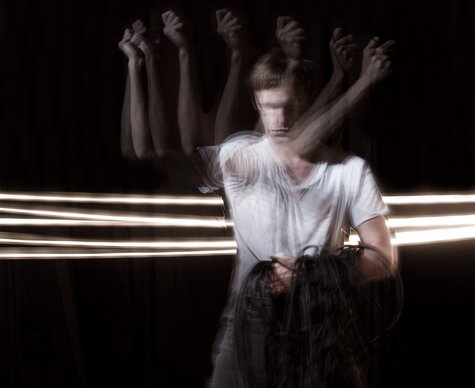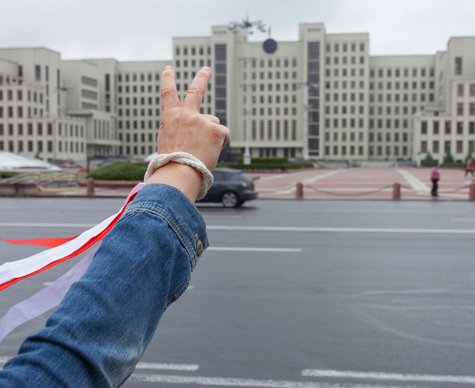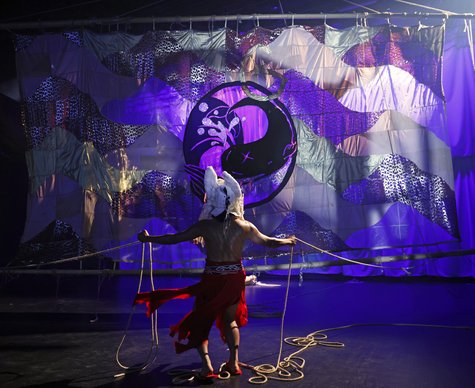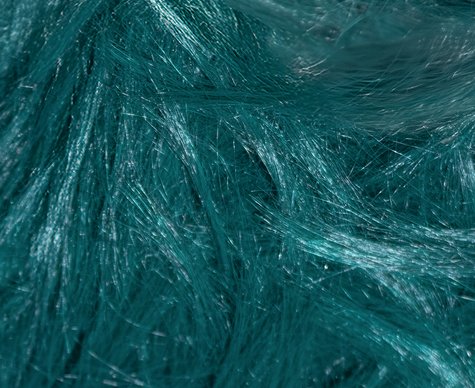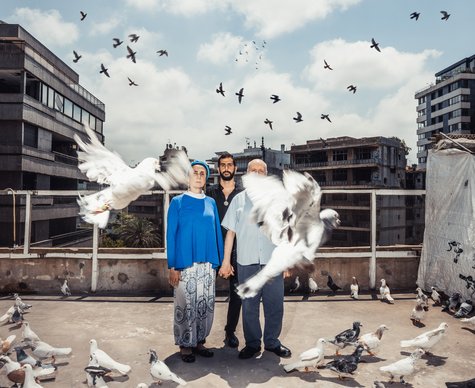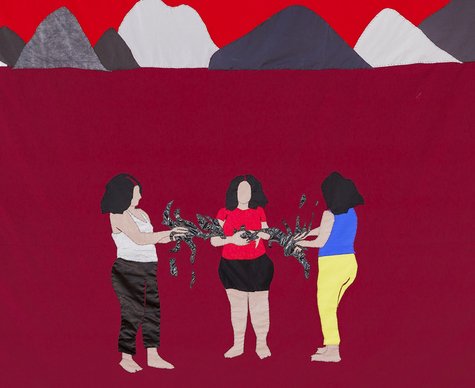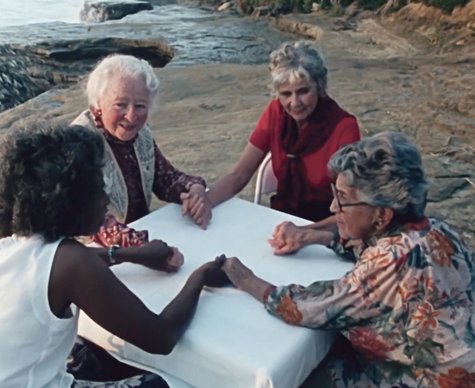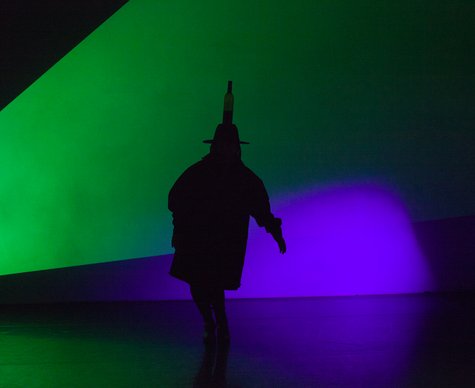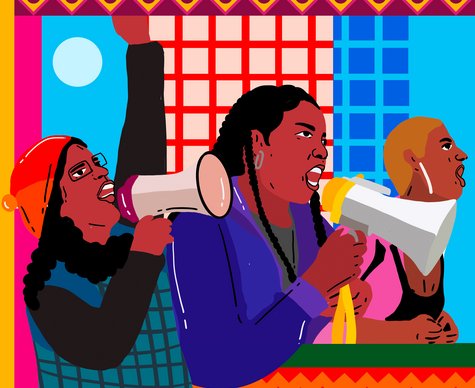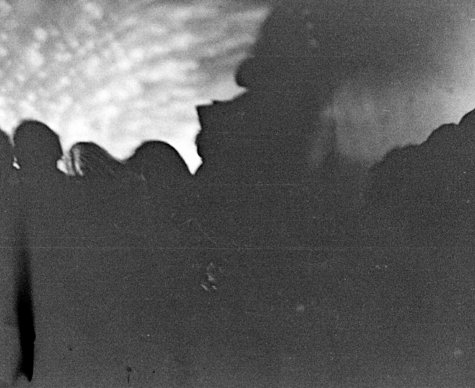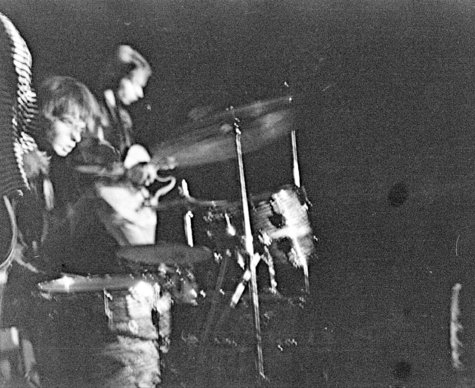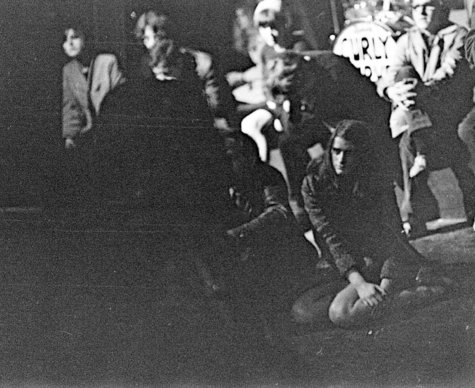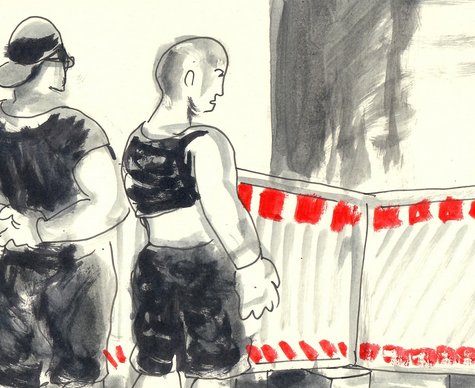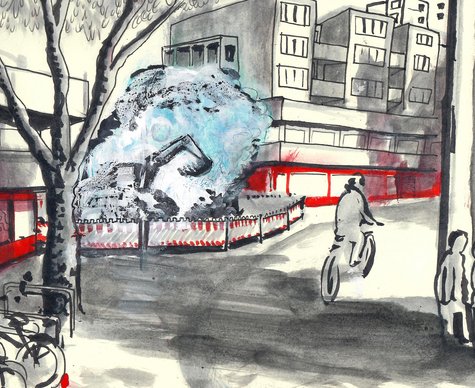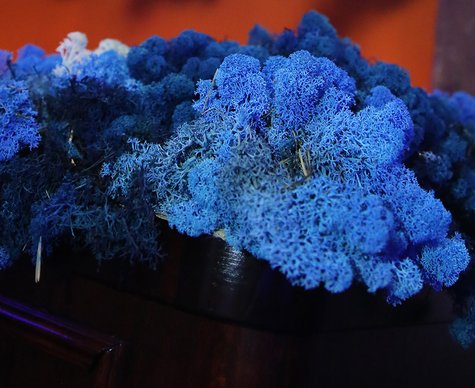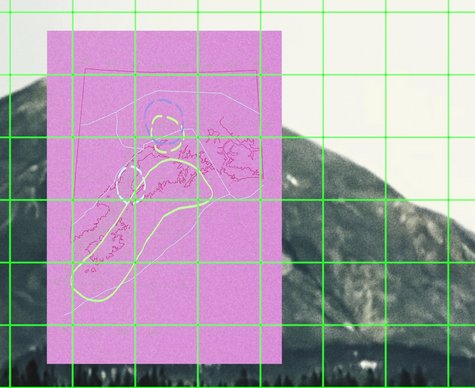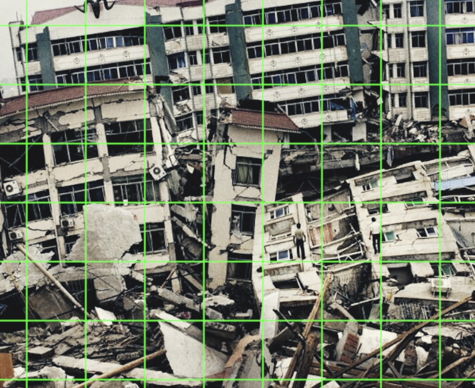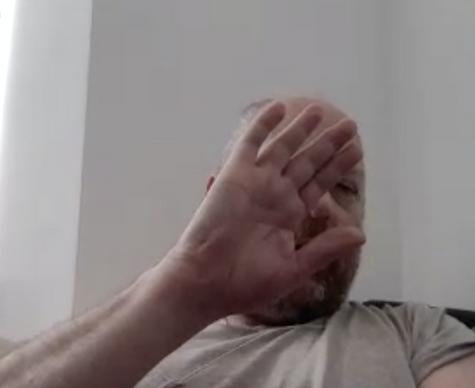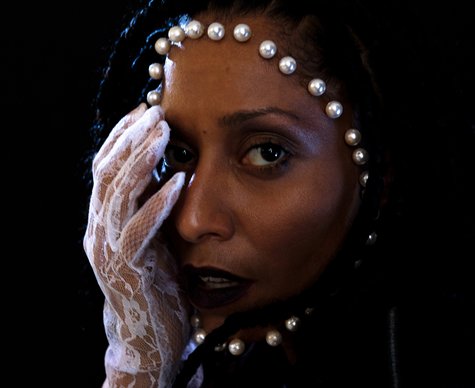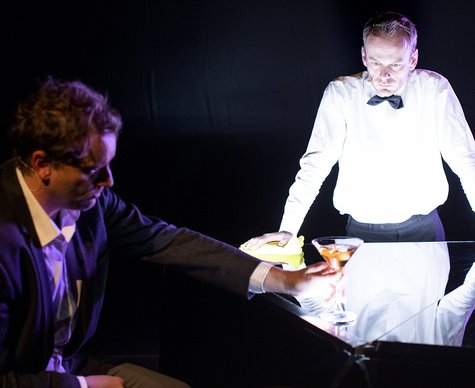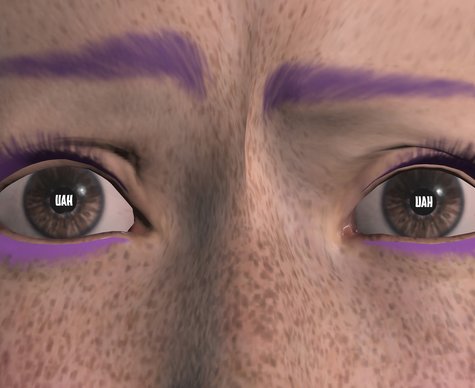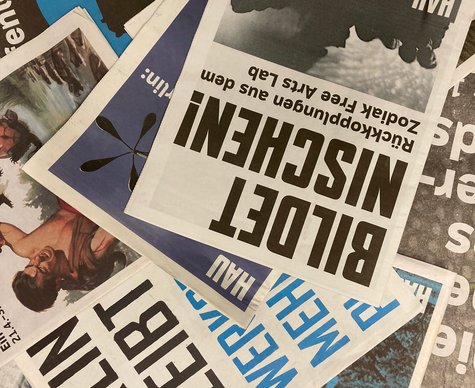CTM 2014 / Dis Continuity
Kurenniemi's Cinematic Collaborations
Film programme curated by Mika Taanila, with films by Erki Kurenniemi, Ralph Lundsten, Eino Ruutsalo
Between 1964–70 Finnish designer and artist Erkki Kurenniemi shot altogether 14 short experimental 16mm films – mostly warm-hearted meditations on his favourite subjects: machines and nature. All of these films were however uncompleted, due to his hectic interests in other areas, such as computer programming and robotics. The scores of these originally silent films, have been added by Mika Taanila and Kurenniemi himself in 2002, using recordings by Kurenniemi from the same era, to simulate what the films "could have been like".
Kurenniemi has been an active collaborator in multidisciplinary arts. He scored music for two short films by Risto Jarva and also contributed to numerous projects by the visual artist Eino Ruutsalo. An important fellow artist was the Swedish composer Ralph Lundsten, for whom Kurenniemi bulit custom instruments, such as the Adromatic. Highlight of the screening is a reconstruction of the lost cybernetic gem, "Spindrift" by Erkki Kurenniemi and Jan Bark.
Detailed film programme
Electronics in The World of Tomorrow
Finland, 1964, colour, 5 min, no dialogue
Director, producer, cinematographer, editor, music: Erkki Kurenniemi, with: Ilmari Tawaststjerna, sound version edited and mastered by Erkki Kurenniemi and Mika Taanila in 2002.
Cut-out images from American magazine "Electronics" rotating on a turntable create a vertiginous effect and form the steady basis of this hypnotic film. The soundtrack features Kurenniemi’s first own recording, the blasting noise piece "On-Off".
Hyppy (The Jump)
Finland, 1965, bw/colour, 5 min, no dialogue
Director, producer, cinematographer, editor: Eino Ruutsalo, music: Erkki Kurenniemi, with: Kaarlo Juurela.
Odd combination of black humour and melodramatic anxiety blends scantily clad ladies and concentration camps, hand-painted waste footage and studio shots of a man (actor Kaarlo Juurela) in felt boots. The avalanche of electronic music by Kurenniemi is early prototype of minimalist techno. The deafening composition is paralleled visually by a brief sequence shot in a street where a group of men and children seem to be covering their ears in pain; originally their ears were stung not by electronic noise, but by the exceptionally freezing weather on a windy Helsinki street.
Flora & Fauna
Finland, 1965, colour, 6 min, no dialogue
Director, producer, cinematographer, editor, music: Erkki Kurenniemi, sound version edited and mastered by Erkki Kurenniemi and Mika Taanila in 2002.
An incorrigible techno buff, Kurenniemi would occasionally get "good vibes" also from nature mysticism. In the fantastically colourful "Flora & Fauna", close-ups of inchworms and spiders merge in double and triple exposures with shimmering water and the darkness of a dense conifer forest. The 16mm Pathé cine-camera made it possible to mechanically rewind the film to shoot many layers of images onto the same frames.
EMS Nr 1
Sweden, 1966, bw/colour, 14 min, dialogue in Swedish.
Producer, director, cinematography, editor, music: Ralph Lundsten.
The collaboration of Kurenniemi and the Swedish electronic music composer Ralph Lundsten worked both ways: Kurenniemi designed and built several musical instruments for Lundsten’s Studio Andromeda and on the other hand Lundsten’s psychedelic short films influenced Erkki’s film-making significantly. This visionary film features electronic sounds Lundsten recorded at the Electronic Music Studio of The University of Helsinki, on machines built by Kurenniemi.
Spindrift
Sweden/Finland, 1966, bw, 15 min, no dialogue
Script, cinematography, sound mix, production: Jan Bark, director: Jan Bark & Erkki Kurenniemi, Analogue computer programming: Erkki Kurenniemi, Technical operations manager for tele-photography: Måns Reuterswärd, Electronic camera: Wulf Meseke, Editor: Thomas Öhrström, Sound technician: Bengt Nyqvist, Music: Jan Bark, Bengt Berge, Bengt Ernryd. For Spindrift 2013 (reconstruction): producer: Perttu Rastas, research: Mika Taanila, Perttu Rastas, editing: Mika Taanila, sound research & mastering: Petri Kuljuntausta.
In 1965 Swedish composer/musician Jan Bark proposed SVT to produce an experiment for a new kind of "music for black and white TV", exploring audiovisual synesthesia. Bark's friend Erkki Kurenniemi programmed the animations with the Pace TR-48 analogue computer at Helsinki University's Department of Nuclear Physics where he was hired as an assistant while being a student at the same time. The original version of "Spindrift" was screened only couple of times and lost totally after by the end of 1960s. This reconstruction was done with the help of Bark's work diaries, laboratory notes and reminiscences of people who were involved in the making or saw the film screened in 1967.
Elämän reikänauha (The Punched Tape of Life)
Finland, 1967, color, 8 min, no dialogue
Director, producer, cinematographer, editor: Erkki Kurenniemi. Music: Erkki Kurenniemi, Otto Donner, Antero Honkanen, Osmo Lindeman, Markku Mäkelä, Hasse Walli, With: Anja Salmenhaara, Raimo Tuomela, sound version edited and mastered by Erkki Kurenniemi and Mika Taanila in 2002.
In this satirical film, shot at the Department of Nuclear Physics at the University of Helsinki and the Computer Centre at Turku University, Kurenniemi intuitively explores the possibilities of a symbiosis between man and machine in the light of contemporaneous knowledge. Computer, a "giant brain", is a companion with whom we will build our future and which we can hate and mock at the same time. The soundtrack consist of a collaborative tape piece "Bells" (1969).
Firenze (Florence)
Finland / Italy, 1970, color, 10 min, no dialogue
Director, producer, cinematographer, editor, music: Erkki Kurenniemi, with: Eira Stenberg, Raimo Tuomela, Paavo Lehtonen, Pirkko Peltonen, Carlo Rognoni and others, sound version edited and mastered by Erkki Kurenniemi and Mika Taanila in 2002.
Florence is a gentle reminescence on past friends and girlfriends. Shot between 1968–69 in Helsinki, Milan and en route to Florence, Italy to a friend wedding party. Superimpositions of shaking trees are direct influences from Ralph Lundsten’s "Hjärtan brinner". The music heard here is "Prelude" and "The Tap" by Erkki Kurenniemi, recorded in 1969 and 1970.
Kinescope
Finland, 1960-91, color, 11 min, no dialogue
Director, producer, cinematographer, editor: Eino Ruutsalo, assistant and animation: Anne Laitinen, music: Eino Ruutsalo, Erkki Kurenniemi, Otto Donner.
Eino Ruutsalo’s cinematic testament. The material includes discarded footage from Ruutsalo’s own feature films, advertising films, documentaries, kinetic experiments, as well as unexposed stock. These clips were treated by throwing them on the floor and walking on them. On the electronic soundtrack we hear a collective stream of consciousness by Donner, Kurenniemi and Ruutsalo from 1967.
Presented in collaboration with the Kiasma Museum for Contemporary Art Helsinki.
Dates
Location
HAU2
Hallesches Ufer 34, 10963 BerlinThere are two marked parking spots in front of the building. Barrier-free restroom facilities are available. Four relaxed seats are available in the first row of HAU2.
